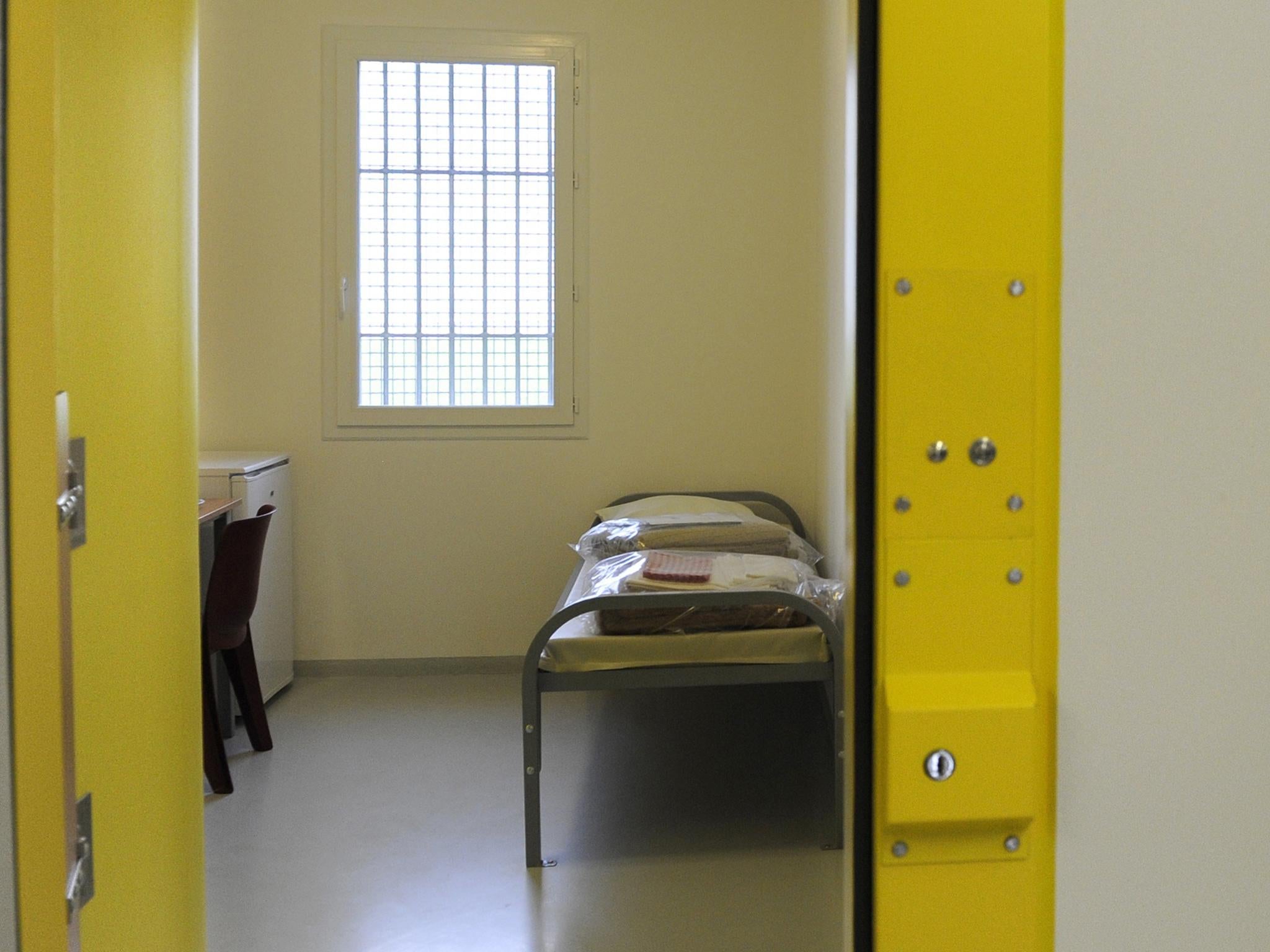Grace Dent: Grayling's ban on prisoners receiving books is truly chilling
It limits the chance to learn about lives, lands and lifestyles other than their own


Your support helps us to tell the story
From reproductive rights to climate change to Big Tech, The Independent is on the ground when the story is developing. Whether it's investigating the financials of Elon Musk's pro-Trump PAC or producing our latest documentary, 'The A Word', which shines a light on the American women fighting for reproductive rights, we know how important it is to parse out the facts from the messaging.
At such a critical moment in US history, we need reporters on the ground. Your donation allows us to keep sending journalists to speak to both sides of the story.
The Independent is trusted by Americans across the entire political spectrum. And unlike many other quality news outlets, we choose not to lock Americans out of our reporting and analysis with paywalls. We believe quality journalism should be available to everyone, paid for by those who can afford it.
Your support makes all the difference.Chris Grayling’s ban on prisoners receiving books from the outside world is one of those news items which befuddles, then chills. The befuddlement is over how I might need to explain to the Justice Secretary the value of improved literacy or the empowering, cerebrally-nourishing, rehabilitating aspect of conquering a challenging book. I could explain this in small words to a five-year-old.
The chill is via the fact that the British prison rehabilitation system is already somewhat of a joke, so for an adult in power to view this mess and think, “Yes, BOOKS - that’s where we get tough. Limit reading. Limit the scope for swapping crime for a spurt of self-improvement. Limit the potential for an ex-con to talk knowledgably about an author, or about a book they loved, in a job interview. Limit the chance to learn about lives, lands and lifestyles other than their own. Limit the chance to be spurred on to re-take that English GCSE. Limit the chance to build reading skills so the prisoner might at some point read bedtime stories to their children. Let’s limit books which might keep them engrossed during long nights locked up when hard drugs, self-harm and suicide are other options.”
Grayling’s cronies will no doubt argue that too much contraband was entering via reading material, to which, I’d suggest - in small words suitable for someone who has seen no value in literacy – “The problem is in the post room. Reform that first, you terrifying oafs.”
Join our commenting forum
Join thought-provoking conversations, follow other Independent readers and see their replies
Comments